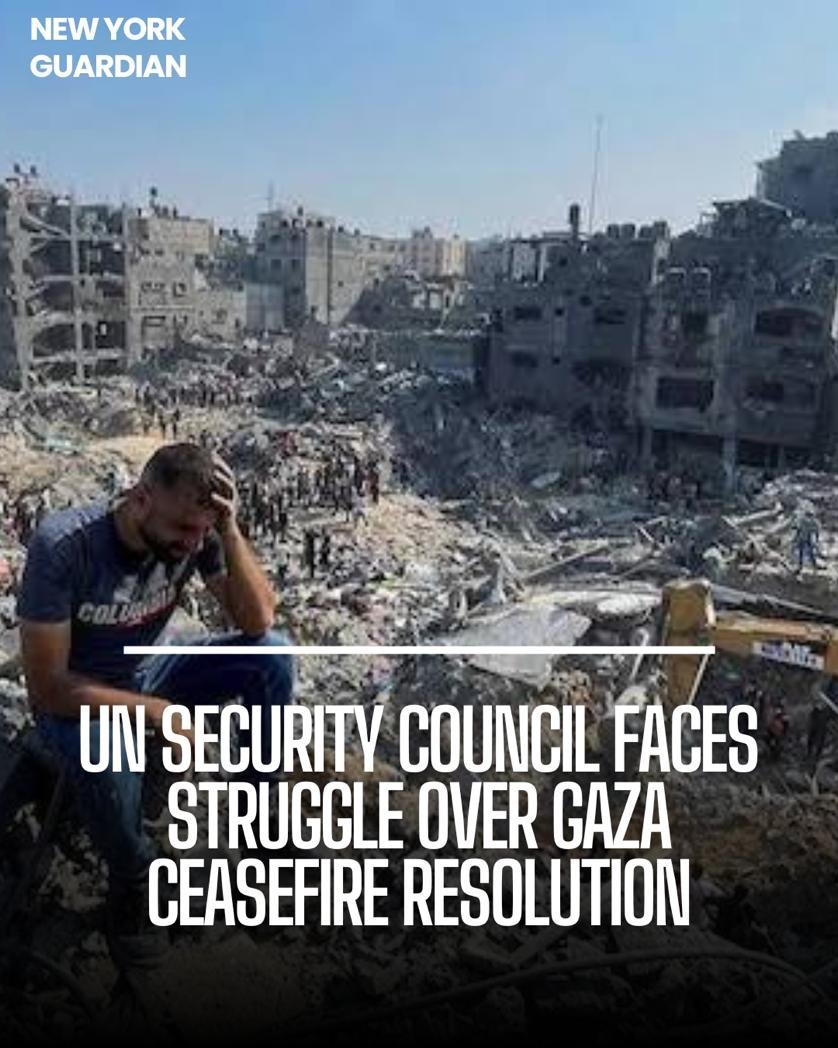China has sharply criticized the US for vetoing a United Nations (UN) Security Council resolution demanding an immediate ceasefire in Gaza.
The United Nations Security Council encountered a significant hurdle regarding a ceasefire resolution for Gaza, with diverging viewpoints leading to a deadlock.
Algerian-proposed Resolution Faces Opposition
Algeria proposed a resolution urging for an immediate ceasefire in Gaza, which received support from 13 out of the 15 Security Council members.
However, the United States abstained from backing the resolution, effectively preventing its passage due to its veto power as a permanent member.
US Raises Concerns Over Impact on Negotiations
The White House expressed reservations about the Algerian-proposed resolution, arguing that it could jeopardize ongoing diplomatic negotiations aimed at ending the conflict.
Additionally, the US proposed its own temporary ceasefire resolution, warning Israel against invading the city of Rafah.
Israeli Military Campaign in Gaza
The Israeli military launched operations in Gaza following an attack by Hamas on southern Israel. The campaign resulted in significant casualties, with over 1,200 people killed and many others taken hostage.
The conflict has left more than 29,000 dead in Gaza and displaced over a million Palestinians, forcing them to seek shelter in Rafah.
Global Condemnation and Diplomatic Tensions
The US decision to block Algeria’s resolution sparked condemnation from various quarters.
China’s UN ambassador criticized the move, asserting that it effectively sanctioned the continued violence. There are growing concerns about the conflict’s destabilizing impact on the Middle East region and the risk of a wider war.
Failed Efforts and Continuing Strife
Algeria’s top UN diplomat lamented the Security Council’s failure to reach a consensus on the Gaza ceasefire resolution, highlighting the ongoing struggle to address the escalating violence and humanitarian crisis in the region.





















